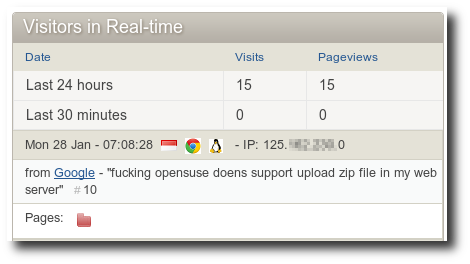Übermäßige Zeitungs-Begierde
Ich muß […] bekennen […] / daß die übermäßige Zeitungs-Begierde / eine dermaßen schädliche Kranckheit sey / welche durch ihren Mißbrauch dem gemeinen Wesen viel Schaden bringet. […] Es ist nichts gewöhnlicheres / als daß die Bauren in der Schencke ein Collegium curiosum über die ordentlichen Post-Zeitungen halten / und durch den capabelesten aus ihrem Mittel selbige buchstabiren lassen / wenn man sie aber hernach […] fragen solte / was sie daraus verstanden / so würde es in nichts anders bestehen / als daß es weit rathsamer vor sie gewesen wäre / sie hätten […] mit dem Holtz-Axt an einem guten Eich Baume auf den Hieb gefochten / als daß sie die edele Zeit mit solchen Dingen verderben.
Philip Balthasar Sinold, gen. von Schütz. In »Das Curieuse Caffee-Haus zu Venedig« (1698).







